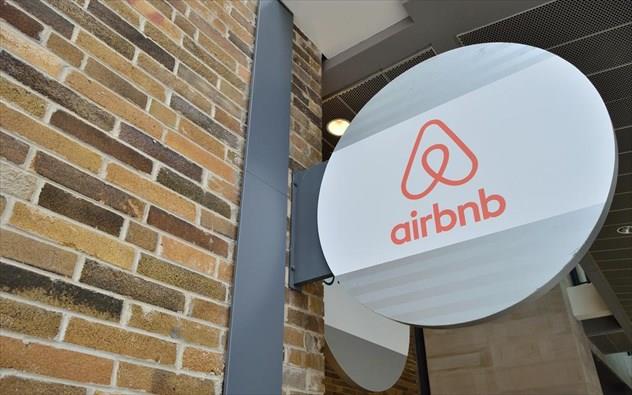Property owners and managers in Greece have until Nov. 30, 2018 to register online with the tax bureau if they’ve leased out lodgings where the last day of departure was Aug. 30, 2018, as a new platform aimed at taxing increasingly booming revenue from “Airbnb-type” activities is now activated.
The deadline to fill in information on the “short-term stay properties register” ws accompanied – in true modern Greek bureaucratic fashion – by 34 questions and answers by the independent Public Revenues Authority.
The obligation to declare a property’s leasing, even for one overnight stay, carries a deadline of until the 20th day of the following month, i.e. if a studio apartment is leased for three days between Aug. 3 and Aug 6, then it must be declared on the online platform by Sept. 20.
The development comes months after a relevant law was ratified, and amid reports of a veritable “explosion” in such online bookings for popular tourist destinations in Greece.
Neighborhoods around central Athens’ main archaeological sites, such as the previously non-descript Koukaki district close to the Acropolis and other attractions, as well as a bevy of popular holiday isles, have skyrocketed on Airbnb’s site and other similar online platforms.
Violators face fines by Greece’s independent public revenues authority of up to 5,000 euros, with a doubling of the fine in case of repeat offenses. Other obligatory measures are also envisioned in the strict legal framework – enacted by the Tsipras government last year to find much needed revenue in order to fulfill annual and high fiscal targets agreed to with institutional creditors, i.e. primary budget surpluses of 3.5 percent of annual GDP.
In order to legally lease properties (apartments, vacation villas, studios etc) on a short-term basis, the specific authority created the online platform.
The aim is to tax undeclared income and clamp down on money laundering.
Greek tax authorities have warned that they are in contact with three major online short-term lease platforms and will derive data from the latter to locate violators in Greece.
One of the increasingly negative aspects of the new tax regime for Airbnb-style leasing in Greece is the fact that whatever revenue is derived is added to a taxpayer’s total yearly income, instead of a specific portion being taxed from the specific revenue – for instance, a flat 15-percent “cut” from a 40-euro per day lease. Therefore, even a small amount of revenue tacked on to a Greek taxpayer’s annual income can “bump” the latter into a higher tax bracket, with the commensurate increase in tax obligations exceeding, often significantly, whatever revenue was generated from a few days of leasing a property via the online platforms.
The stricter framework even allows for cross-checking beyond electronic means, with onsite inspections and even auditors posing as interested customers.














